Judge sentences Wiley to 35 years in prison, but mother of shaken baby says, ‘My daughter was worth more’
QUINCY — Christina Engle wrapped her arms around her daughters, Kirsten and Trinity Dunford, as she listened in an Adams County courtroom while Judge Michael Atterberry sentenced Travis Wiley, who was found guilty in November for the first-degree murder of Engle’s infant daughter, Airyana Hoffman.
Even at that moment, as Engle described in her victim impact statement during Friday’s sentencing hearing in Adams County Circuit Court, one was missing.
“Mom guilt eats me alive every day,” Engle said. “Bathing children … one’s missing. Putting clothes away … one’s missing. Sending kids to school … one’s missing. Cooking dinner … one’s missing. Packing everyone into a vehicle … one’s missing. I will never have the family picture that I love, because one is always missing.
“Not because she just died, but because he murdered her.”
Calling the case an “unmitigated tragedy” for Engle’s family, Atterberry sentenced Wiley to 35 years in the Illinois Department of Corrections. The sentencing range was between 20 and 60 years. Special Prosecutor Jon Barnard asked Atterberry to sentence Wiley to 50 years, while Adams County Chief Public Defender Todd Nelson asked for a 20-year sentence. Wiley gets credit for 2,037 days spent in the Adams County Jail.
As he did throughout the trial, Wiley said he was not guilty during his statement of allocution.
“Not a day goes by, not a second, that I don’t think about it,” he said. “I maintain my innocence. Christina, I did not do this. If I could trade places with (Airyana), I would. I did not do this. I can admit when I am wrong. I am a man. If I had a time machine, I would go back and do things differently.”
The sentence was handed down six days after the sixth anniversary of Airyana’s death. Engle said after the hearing that she believed she heard Wiley admit his guilt when he said he would “go back and do things differently.”
“I needed to hear that,” she said. “He said that I didn’t do it, I didn’t do it, I didn’t do it. Then without realizing it, he gave me what I needed. I needed to hear him say, ‘I did it.’ He gave that to me without even knowing that he did. I just hope everybody else caught that. I needed that.”

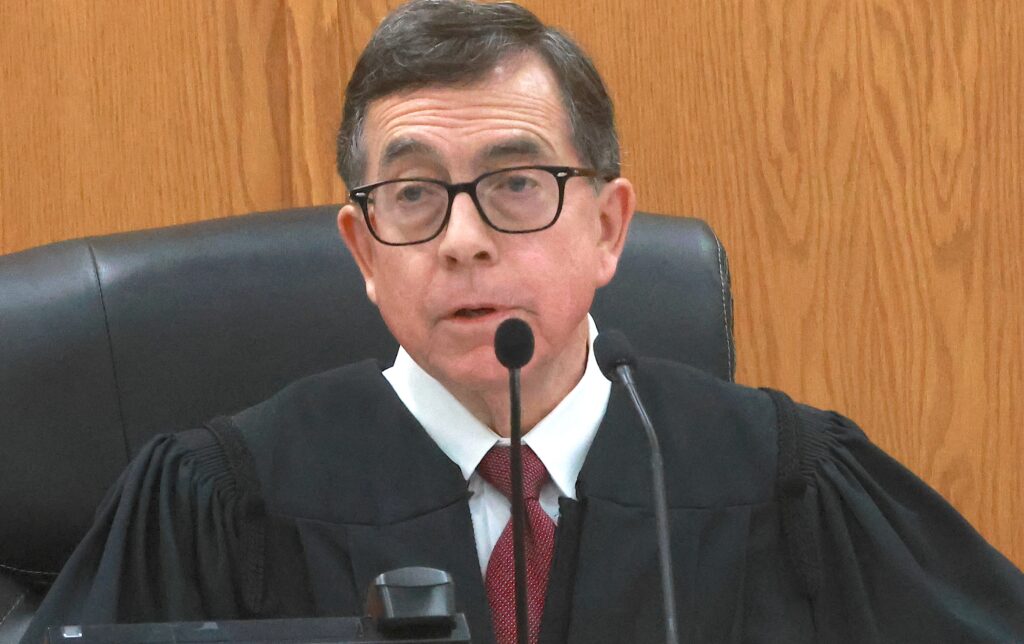

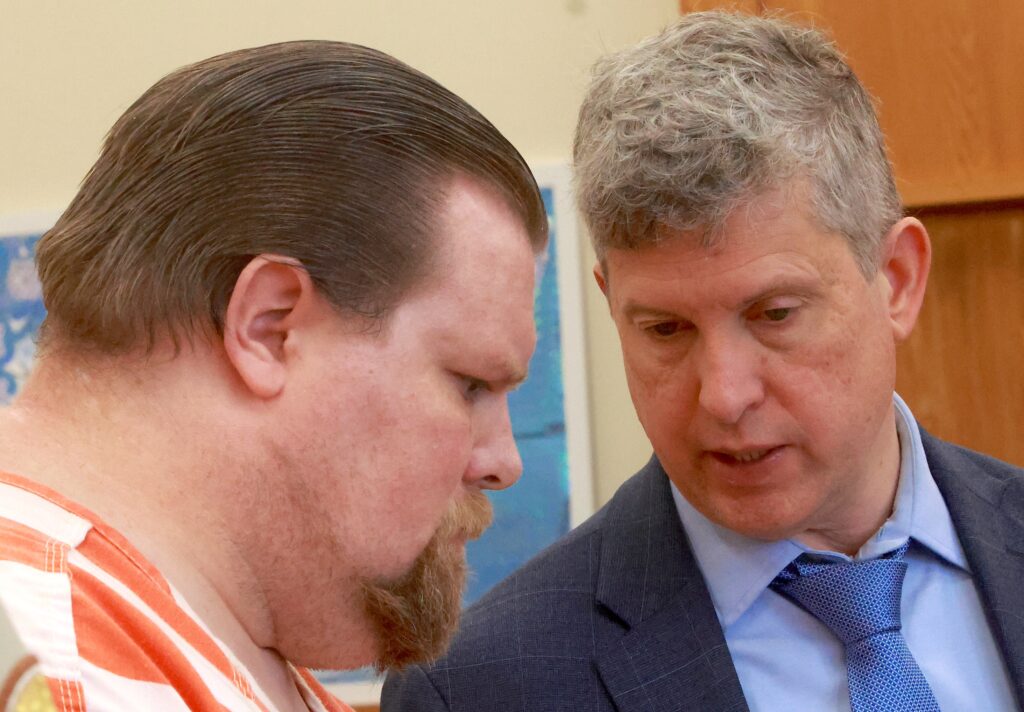
However, moments after Atterberry issued his decision, Engle expressed her displeasure.
“My daughter was worth more. She was worth so much more,” she said. “I mean, I’m happy that he’s going (to prison) but I don’t think it’s long enough. It doesn’t get the point across, I guess. That’s my biggest issue.”
“The judge, I’m sure, considered those things that he felt were important,” Barnard said when asked for his thoughts about the sentence. “We all as advocates have a point of view, but what matters is what the judge thinks.”
Barnard said he didn’t sleep much Thursday night.
“I know the reason why,” he said. “That is because I was up and down throughout the night, making notes, thinking, rethinking, agonizing. It’s tough sledding.”
An Adams County jury found Wiley, 36, guilty of first-degree murder after a five-day trial. The jury deliberated for nearly 5½ hours before it rendered a decision.
Wiley had been accused of shaking 2-month-old Airyana on Jan. 20, 2018. She died two days later at SSM Health Cardinal Glennon Children’s Hospital in St. Louis.
Friday’s hearing began with Atterberry addressing a post-trial motion filed by Nelson, asking the judge to grant judgement in Wiley’s favor or to grant a new trial. Nelson wrote that the evidence presented by Barnard at the November trial was “insufficient” to support the jury’s finding of a guilty verdict for first-degree murder.
Nelson gave the following reasons for his motion:
- The evidence presented by the state did not rise to the level of proof beyond a reasonable doubt.
- The state’s evidence as to the matter and cause of death can only be characterized as speculative in nature.
- One of the state’s experts, Dr. Juliette Scantlebury, testified that she could not state that the mechanish of injury to Ariyana was shaking.
Nelson also noted four motions were improperly denied.
- One was to suppress evidence of a search of Wiley’s cell phone.
- One was to bar testimony regarding retinal hemorrhage as indicative of abusive head trauma.
- One was that the search of Wiley was unlawful.
- One was that certain statements made by Wiley were inadmissible.
Atterberry denied the post-trial motion.
“The court believed at the time it had rendered those rulings and that there was sufficient evidence and legal reasoning to support the rulings,” he said. “The court finds no reason today to reverse those rulings.”
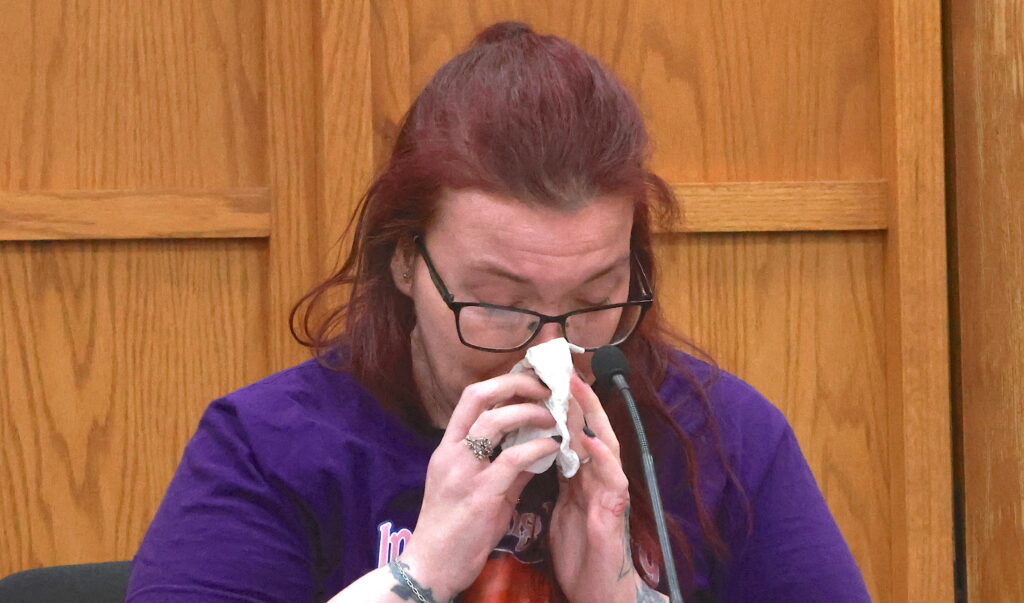
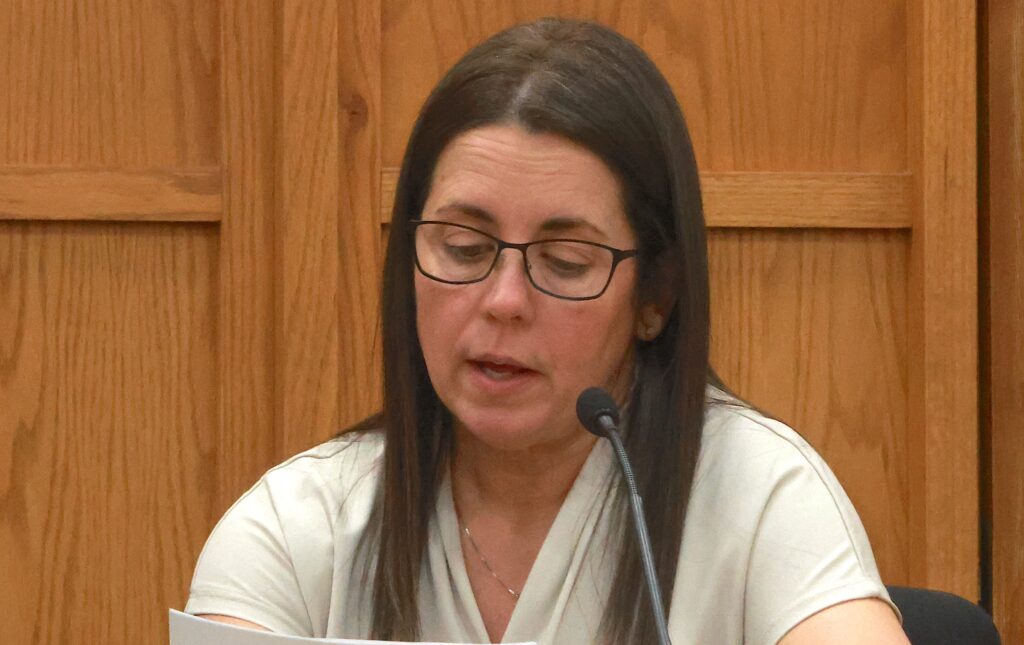
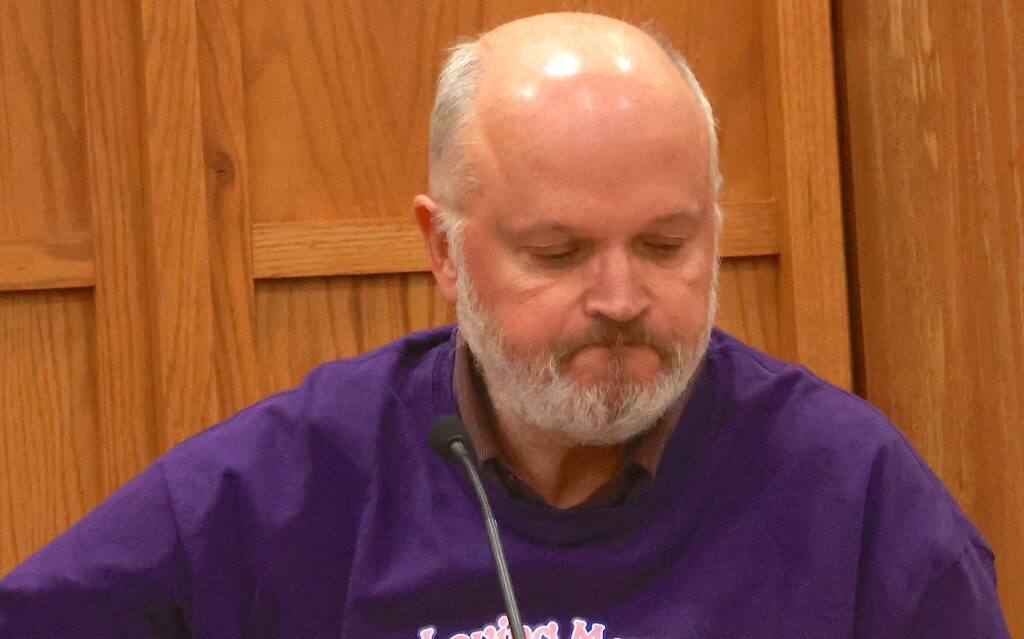
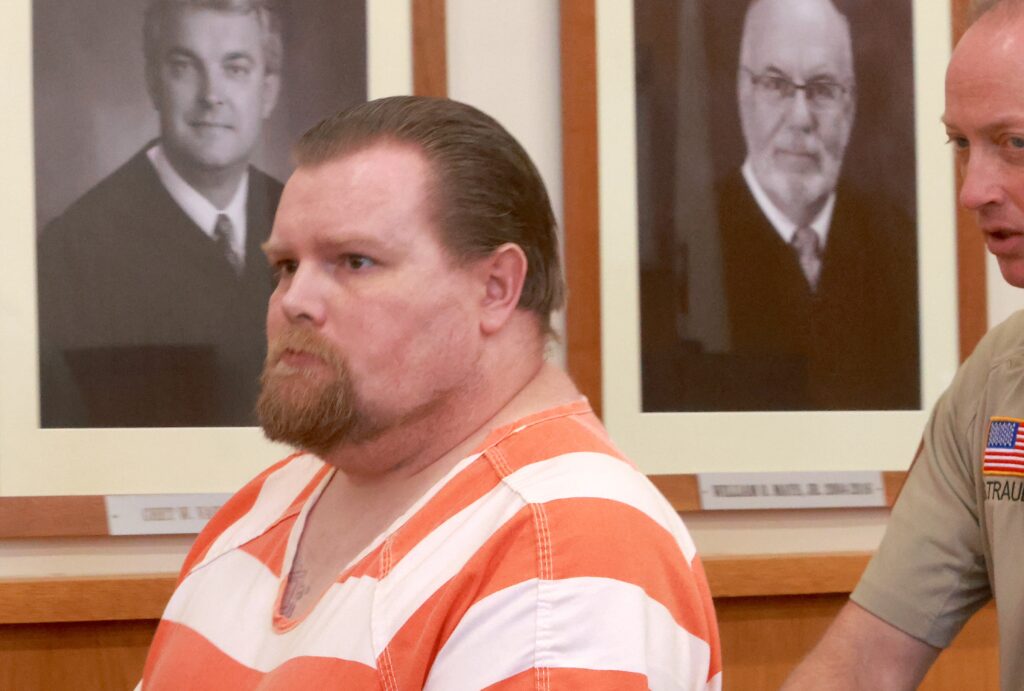
Engle said it would be easier to explain how her life hasn’t been affected because that list would be shorter. Instead, she told people in the courtroom how her daughter was affected.
“My daughter Airyana only got one Halloween, being days old,” Engle said. “She never had to wear a costume, never got to knock on a door and say ‘trick or treat, never even got a chance to eat a piece of candy. Airyana only got one Christmas but never opened her own presents. Never got to make a list for Santa. Never got to sit on Santa’s lap with excitement to actually meet him. Now all she has is one person under the tree, engraved and decorated.
“Airyana only got one New Year, never to see another ever again and to try to stay up as late as possible while I repeatedly tell her to go to bed. Airyana never got to see her birthday. Never got to blow out a candle, make a wish or even have a party. Instead of happy birthdays, I go to her gravestone at 1:34 p.m. each year for one candle and one cupcake.”
Engle said to Wiley that if he took only one thing from her statement, she wanted him to think about all of the family members who were “sentenced to life without parole without Airyana, without explanation or even hearing why.”
Engle then addressed Wiley directly.
“We were best friends since 2009,” she said. “We had each other’s backs for everything. Airy loved you when she first met you. Do you remember how she used to wiggle closer to you?”
Wiley quietly nodded his head yes as Engle continued.
“I can’t understand how everything went so wrong,” she said. “How does that even happen? When you have multiple options on the table (to get help for Airyana), you pick the one that wasn’t on the list. I’ve taken accountability for the mistake of leaving my daughter with someone I thought I could trust. I ask that after six years you do the same. Take accountability.
“What matters to me is that you know that God may eventually forgive you, but you will never have my forgiveness. I hope you are as haunted as I am of the choices you made.”
Other victim impact statements were read by Jerry Richards, Engle’s father, and Trinity Dunford, Engle’s youngest daughter. Statements written by Linette Richards, Engle’s mother, and Kirsten Dunford, Engle’s oldest daughter, were read by Trisha Hubbard, the victim/witness coordinator for the Adams County State’s Attorney’s office.
Nelson told Atterberry that Wiley’s father was absent for most of his life, and he spent several years in the foster care system. He said Wiley had done well in school, said he was intelligent and an industrious person, and he has much to contribute to society.
In his argument, Barnard said he couldn’t stop thinking about Wiley’s hands.
“The hands into which Christina trusted the care of Airyana,” Barnard said. “She walked out the door and went to work, asking only that he care for her. He held Airyana in his hands, but instead of giving her care, he gave her the jolts to end her life. The defendant killed Airyana with his hands … an utterly defenseless precious infant, with his hands.”
He later said, “What we do here, in a real sense, changes nothing. It won’t bring Airyana back, but it means everything. It means everything to a society as to how we value life. It means everything to Christina and her family as to how this court views this behavior and its effect. It is said that our children are our messengers to our future. Today, we have one less messenger. What message will we send on her behalf?”
Miss Clipping Out Stories to Save for Later?
Click the Purchase Story button below to order a print of this story. We will print it for you on matte photo paper to keep forever.

